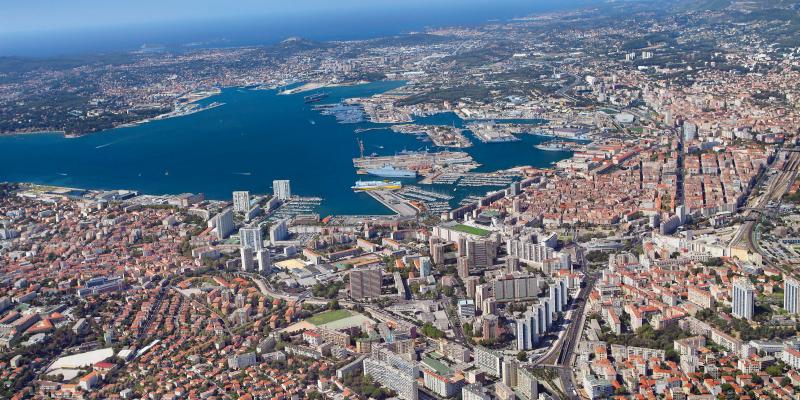An education program in French, funded under theCanada-Alberta Agreement, will be launched in principle in September 2021 in Calgary, Red Deer and Grande Prairie. Funding has already been granted, but Francophones must wait for the official signing of an agreement between the federal and provincial governments.
Despite the period of fiscal austerity affecting post-secondary education in Alberta, Campus Saint-Jean has seen a long-held dream come true. This pilot project, called the “Canada-Alberta Agreement on Minority-Language Education and Second-Language Instruction”, gives some hope and aims to broaden access to the Bachelor of Education degree. Campus Saint-Jean in northern and southern Alberta.
The dean of the Faculté Saint-Jean, Pierre-Yves Mocquais, has been talking about such a project for almost four years, remembers Michelle Margarit, director since 2008 of the Association canadienne-française de l’Alberta (ACFA) regional Grande Prairie. “We had been talking about it for several years with Pierre-Yves Mocquais, it was a project that was really close to my heart. I thought that with COVID, we would really lose all that, ”she expresses with gratitude.
Pressing needs
The city of Grande Prairie, located in northwestern Alberta, has 3,000 young people in its immersion schools. The regional ACFA has been working with them for years, but also with young people from French-speaking schools.
The education program will train Francophone and French second language teachers to facilitate their recruitment and retention in these regions where the population is growing.
“It’s not just Grande Prairie, it’s also the entire northwest of the province, with a dozen school boards that have immersion programs,” says Michelle Margarit.
In Grande Prairie, there are approximately 8,000 Francophones out of a population of 74,000. “We had a lot of young people who weren’t ready to go to Edmonton to take courses and who wanted to stay here,” notes the director of the regional ACFA.
On the Red Deer side, it’s also good news for Jean-Samuel Lampron, director of the city’s regional ACFA.
“The needs that we had observed in recent years were a lack of visibility. Newcomers, whether from outside the province or the country, have little or no knowledge of the presence of the Albertan Francophonie. One of the reasons is that all the services offered in the city are only in English, ”he laments.
The other positive point of such a program consists in giving young people the opportunity to interact in French and to have a place to continue studying in Tremblay’s language.
“Several of my discussions with young adults between the ages of 18 and 30 show that they no longer use French after high school. We believe that this project will give them the opportunity to talk to other students at the college, to encourage them to use Canada’s two official languages, ”hopes Jean-Samuel Lampron.
Calgary, for its part, remains a leading center in the French-speaking world. According to data from the city’s regional ACFA, it is estimated that more than 101,600 people speak French there, of which around 30% is their mother tongue. For the greater Calgary region, there are 69 immersion schools, or approximately 5,000 students and 10 French-language schools. “The need is obvious to keep our young people and encourage them to study at the post-secondary level in French,” declared President Mélina Bégin.
Federal and provincial green light
As Pierre-Yves Mocquais explains, “the need for teachers, in particular in immersion schools and in French-speaking schools, allows us to begin this process and to offer the local population a certain number of services”. He specified that this program will be the same as the one already delivered to Campus Saint-Jean, in Edmonton. “Only its delivery method will be different: there will be a combination of online delivery and on-site delivery,” he says.
In terms of logistics, the University of Alberta has decided to lend some of its premises located in downtown Calgary. The dean says he is also in negotiations with Red Deer College and Grande Prairie Regional College on this matter.
The amount of funding for this program has not yet been communicated to Devoir until the agreement between the federal and provincial governments has been ratified.
“Even if we have started the preparations, we have to wait for the green light to sign,” recalls the dean. The latter is targeting the start of the September 2021 school year to really start.
Watch video
–


